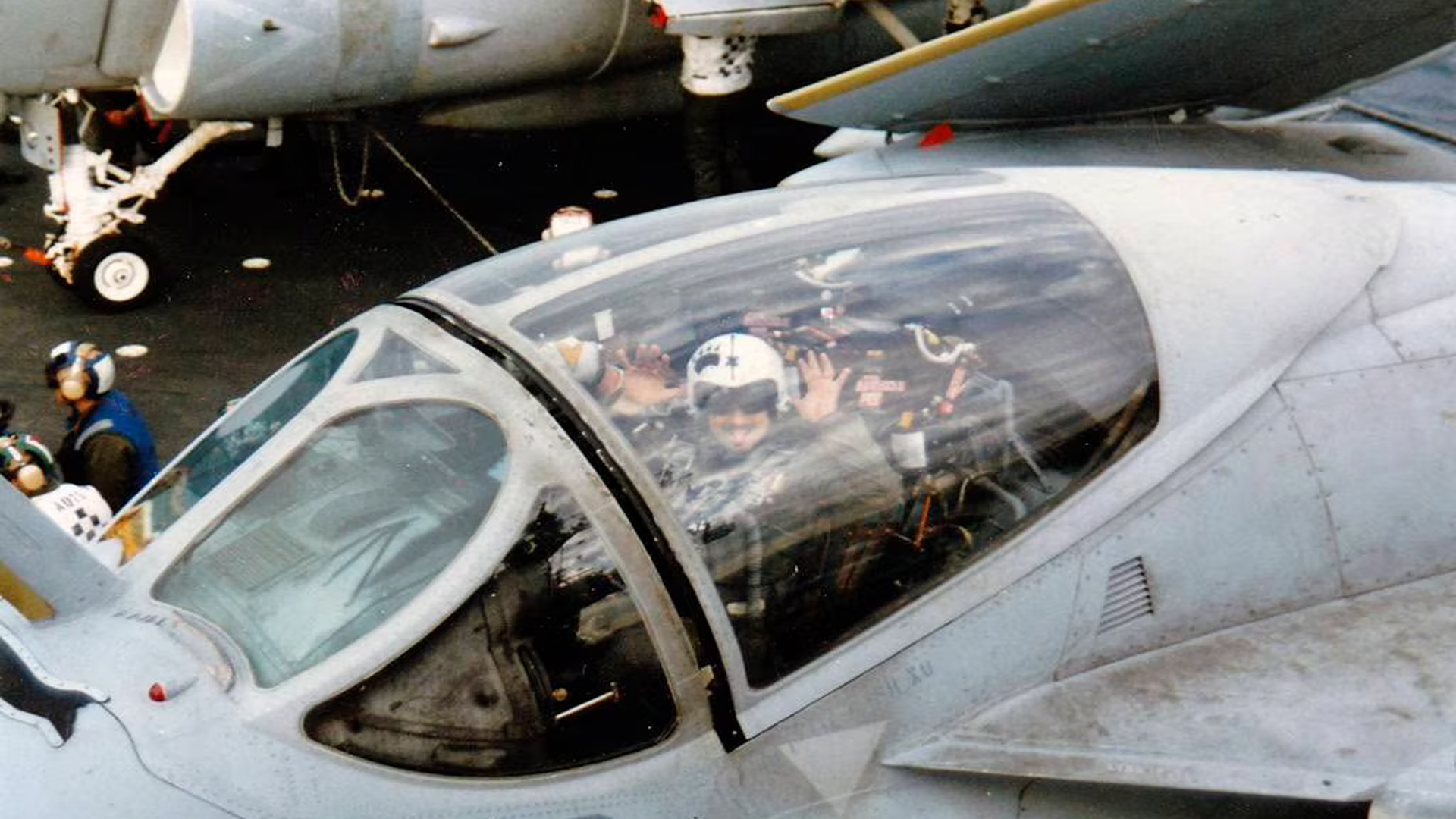Military Pilots and Ground Crews at Increased Risk of Cancer
Go Back to News and Updates-

About Research:
According to recent research, military members who work as pilots or ground personnel have a higher chance of getting certain cancers. Researchers from the Naval Health Research Center published the results in the journal Environmental Health Perspectives this week and made them public.
Over 560,000 current service personnel from all US military branches were examined in the research, which spanned 13 years and was performed. When compared to other military members, it was discovered that those who worked as ground personnel or pilots had substantially greater rates of skin, prostate, and colorectal cancer.
Percentage of Higher Risk of Diseased:
For instance, compared to non-pilots, pilots had a 37% higher risk of getting skin cancer. Additionally, they had a 22% increased chance of colon cancer and a 20% increased risk of prostate cancer. The ground personnel also had a 36% higher chance of getting skin cancer, a 17% higher chance of getting prostate cancer, and a 16% higher chance of getting colon cancer.
The researchers postulate that these increased risks could be linked to lifestyle choices like nutrition, worry, and inactivity as well as exposure to air pollution or radiation from aircraft motors. The use of specific chemicals during upkeep procedures and the job risks of working on an airport runway are some additional hypotheses.
According to main researcher Dr. Steven Parrish, "our findings indicate that ground crew and pilots may be exposed to carcinogens through their work environment." To safeguard themselves against possible health risks, these people should take additional precautions.
Pilots and ground personnel can lessen their risk by donning protective clothing while working, such as long sleeve shirts, trousers, and headwear. They can also make an effort to reduce their contact with hazardous substances, such as those in aircraft fuel. Finally, they should adhere to safety recommendations and make sure to have routine medical examinations.
Even though the study is in its early stages, it acts as a reminder that people who serve in the military have a higher chance of getting certain cancers. The writers of the study point out that additional investigation is required to learn more about the fundamental reasons and create successful interventions for those who might be subjected to occupational hazards.
Precautionary Advice:
Pilots and ground personnel should take precautions to lower their risk in the interim by adhering to safety procedures, donning safety gear, and visiting a doctor frequently. They can do this to ensure that they stay secure and healthy while helping their nation.
Source Link:

